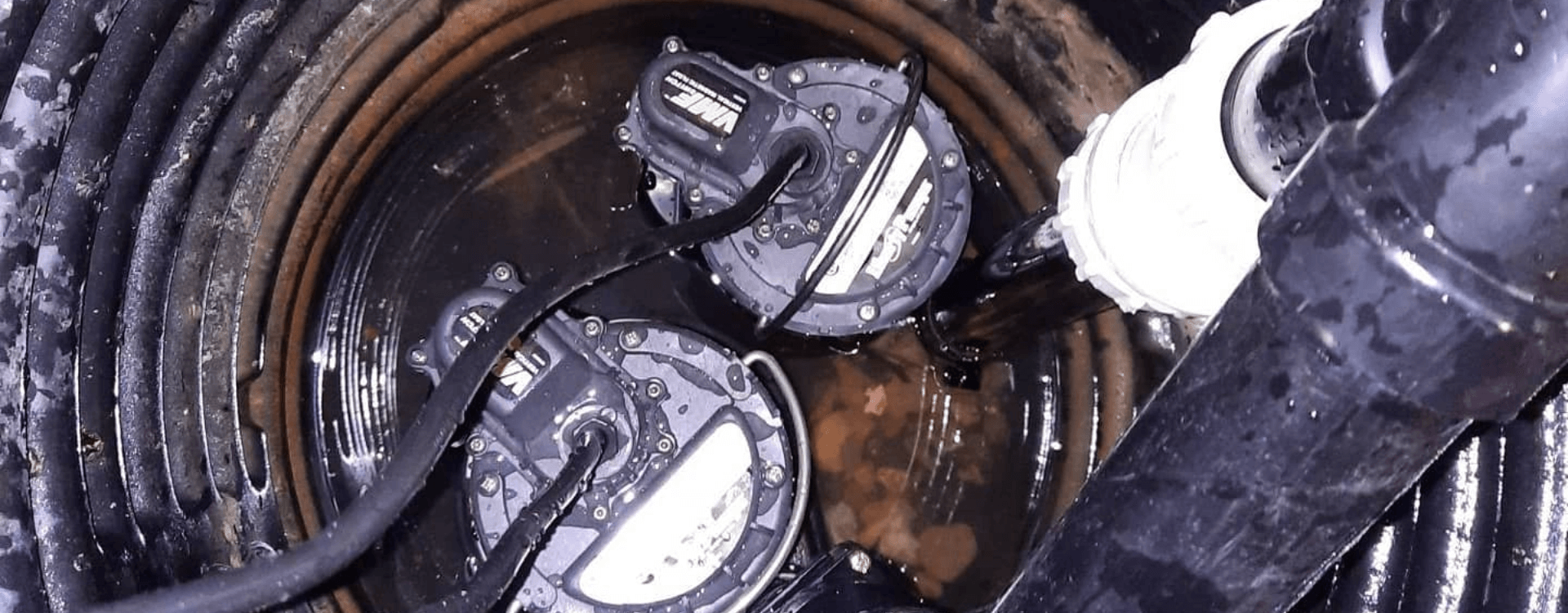As a homeowner, you understand the importance of safeguarding your property against potential water damage. One crucial tool in your arsenal is a sump pump. In this comprehensive guide, we will delve into the world of sump pumps, their functionality, and how they can help you prevent costly water-related issues. Join us as we explore the ins and outs of sump pumps and equip you with the knowledge to make informed decisions for your home.
What is a Sump Pump?
A sump pump is a mechanical device designed to prevent water from accumulating in the basement or crawl space of a building. It is typically installed in a specially constructed pit known as a sump pit or sump basin. The pump’s primary function is to remove excess water that collects in the sump pit, effectively preventing flooding and water damage.
How Does a Sump Pump Work?
When groundwater or rainwater enters the sump pit, a float switch or pressure sensor activates the sump pump. There are two main types of sump pumps: submersible and pedestal.
Submersible sump pumps are placed directly in the sump pit and are designed to be submerged in water. They are sealed to prevent electrical hazards and typically operate more quietly. On the other hand, pedestal sump pumps have a motor mounted on a pedestal above the water level, making them easier to access for maintenance but potentially noisier.
Once activated, the sump pump uses an impeller, which is a spinning mechanism, to draw water from the sump pit. The impeller then pushes the water through a pipe or hose, directing it away from the foundation of the building and into a designated drainage area, such as a storm drain or a dry well. By effectively redirecting water away from your home, a sump pump safeguards against potential water damage, mold growth, and structural problems caused by excess moisture.
Why is a Sump Pump Important?
- Prevents Basement Flooding: One of the most significant advantages of a sump pump is its ability to keep your basement dry. By promptly removing water from the sump pit, it prevents flooding and potential damage to your belongings.
- Protects Against Water Damage: Excess moisture in your basement can lead to structural damage, rotting wood, and the growth of mold and mildew. A sump pump helps maintain a dry environment, minimizing the risk of such damage and the associated repair costs.
- Reduces the Risk of Mold and Mildew: Mold and mildew thrive in damp environments. By eliminating excess moisture, a sump pump helps create an inhospitable environment for these harmful fungi, promoting a healthier living space.
- Increases Property Value: Having a functioning sump pump installed in your home can be an attractive feature for potential buyers. It provides peace of mind knowing that the property is equipped to handle potential water issues.
Maintenance Tips for Sump Pumps:
To ensure the longevity and optimal performance of your sump pump, consider these maintenance tips:
- Regularly test the pump by pouring water into the sump pit until the float switch engages and activates the pump. This test will verify that the pump is in proper working condition.
- Clean the sump pit and remove any debris that may impede the pump’s operation. Ensure the inlet screen is free from obstructions.
- Inspect the discharge pipe or hose for any leaks or blockages. Make sure the water is being directed away from your home’s foundation.
- Consider installing a backup power source, such as a battery-powered backup system or a generator, to ensure the sump pump operates during power outages.
At Cardinal Plumbing & Electric, we specialize in sump pump installation, maintenance, and repair. Contact us today to ensure your home is equipped with a reliable sump pump system.



